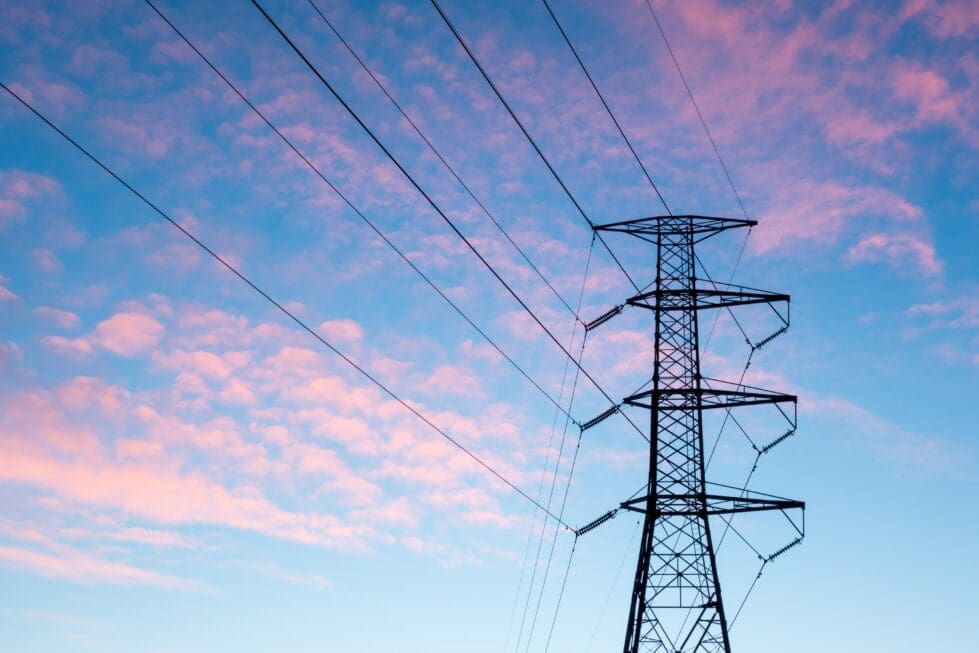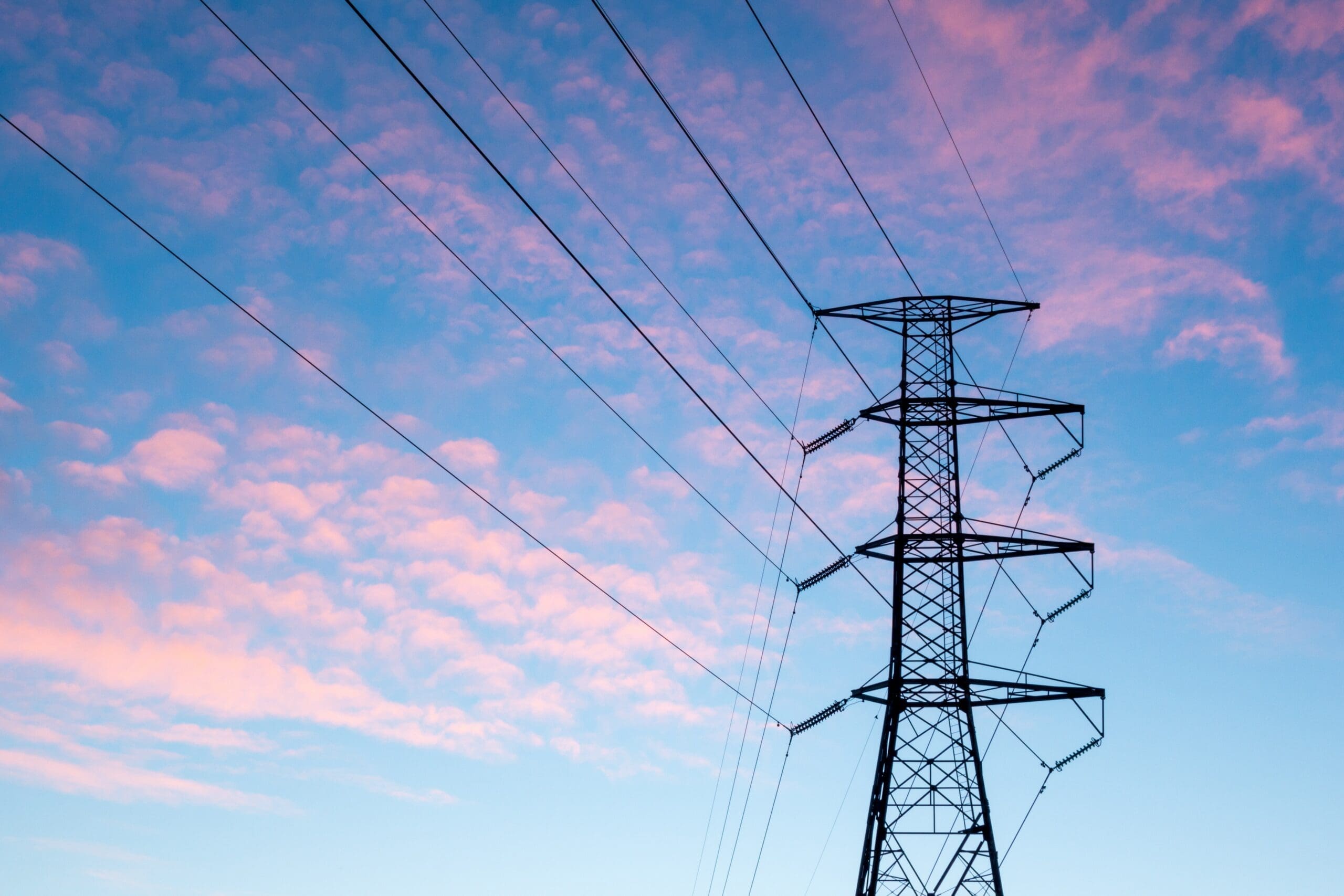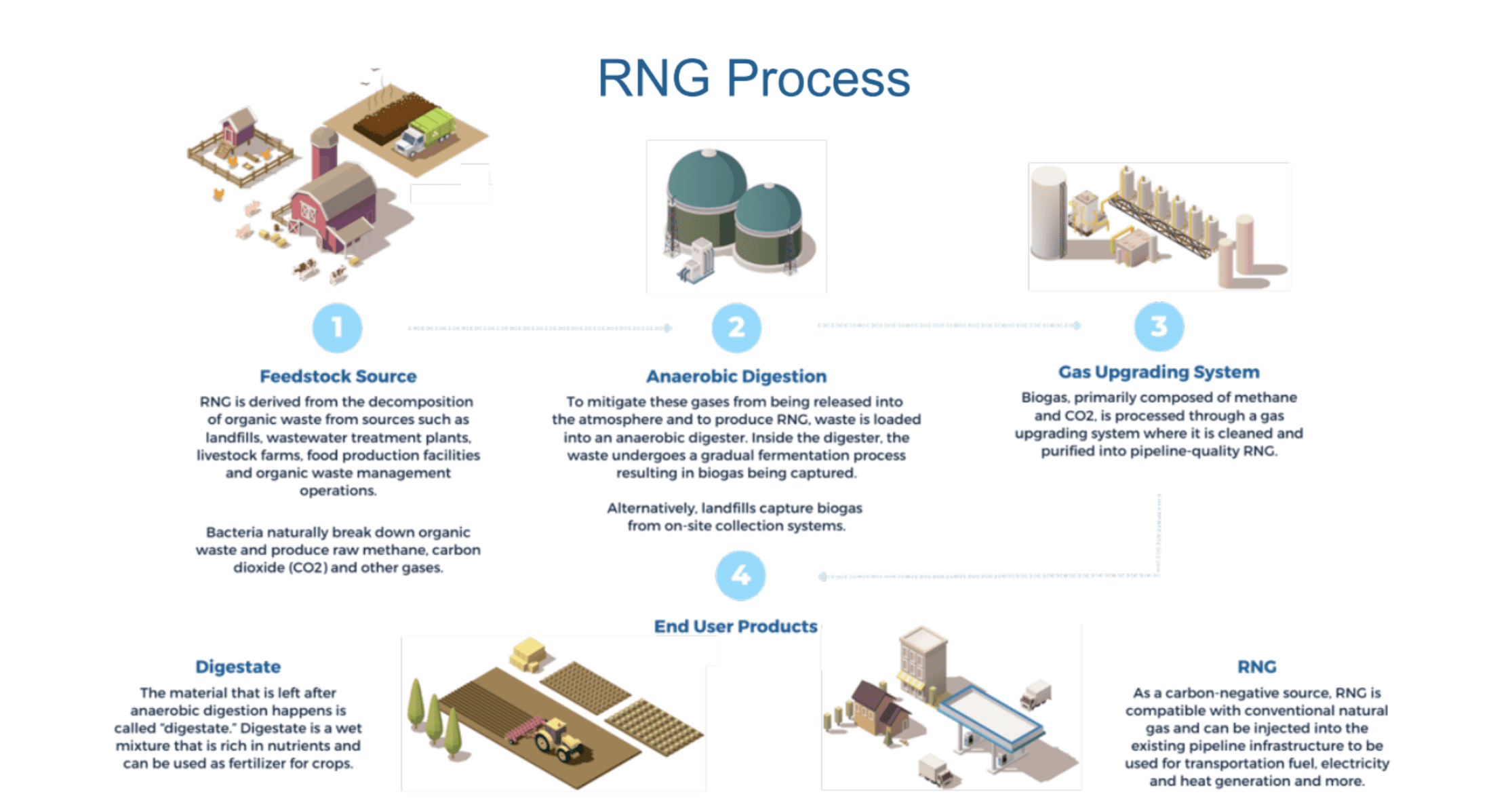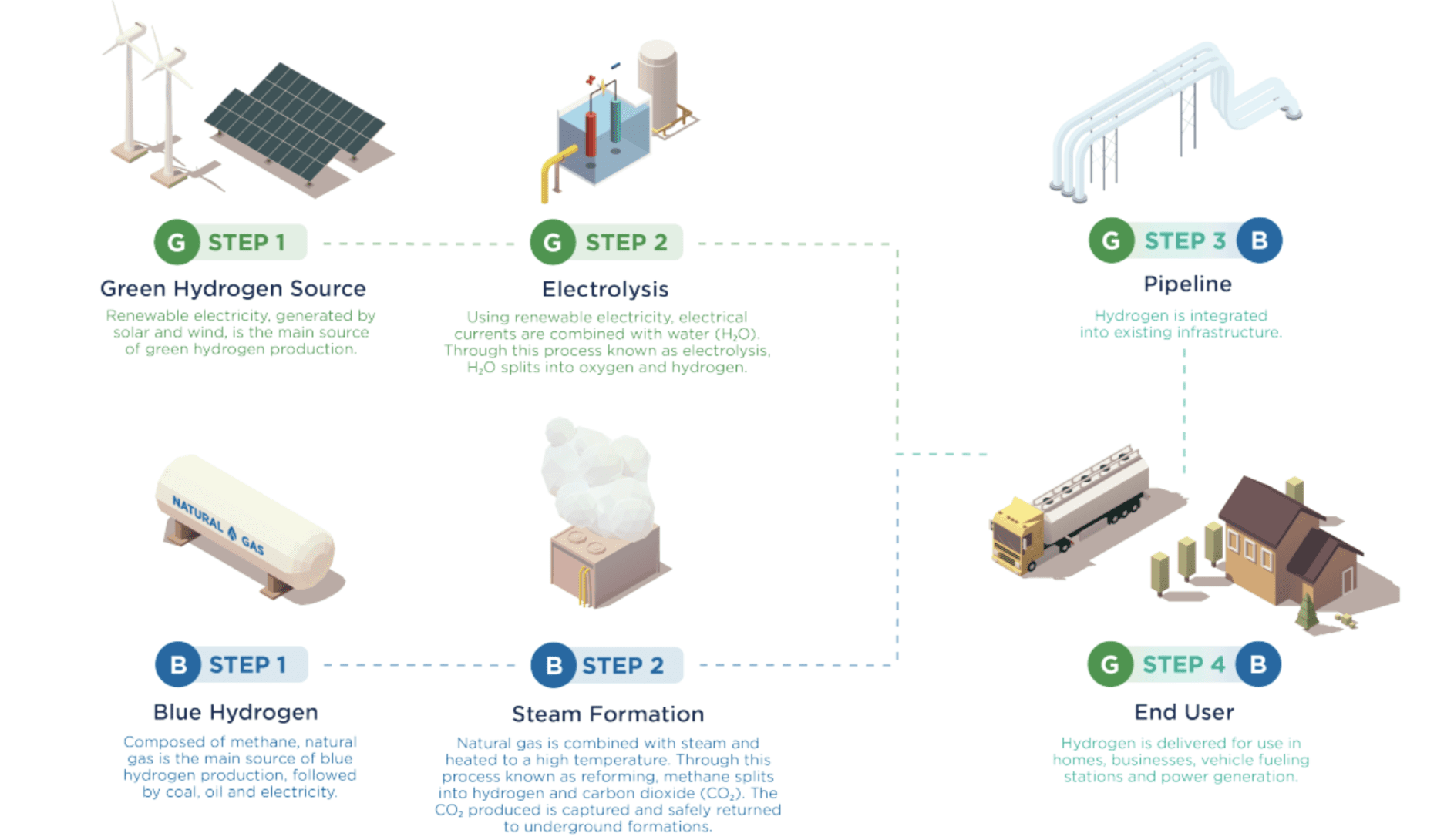A piece of proposed legislation that would give the Delaware Public Service Commission more power over the sources of energy in the First State is drawing fire from a state representative.
The legislation, which popped up in a recent energy stakeholders meeting, would support Delaware’s Climate Action Plan. It does not yet have a sponsor attached.
“They’re pushing forward with all kinds of stuff that pushes us down the green road, and it’s not really green,” said Rep. Rich Collins, R-Millsboro.
He didn’t attend the meeting, but has been a vocal opponent to the Delaware Climate Change Solutions Act of 2023, which was signed into law Aug. 3.
The proposed legislation promotes the development and acquisition of low-carbon fuel resources, such as hydrogen and renewable natural gas, by Delaware utilities. The Public Service Commission oversees utilities.
Delaware’s Climate Action Plan recommends increasing production of and incentivizing markets for low-carbon fuels as a state-level initiative to reduce emissions of greenhouse gasses.
Under the proposed legislation, the Public Service Commission would be allowed to establish rules and procedures for utilities to voluntarily procure low-carbon fuels as an energy supply resource.
The rules that would be adopted by the commission under the legislation will permit utilities to recover the costs of acquiring low-carbon fuels and related infrastructure investments through a rate-recovery mechanism. That means costs will be passed onto customers.
The utility costs must be found reasonable and in the public interest, according to the legislation.
The legislation also would mean:
• Reduction of greenhouse gas emission for Delaware’s natural gas system and benefiting the public at-large through improved local and regional air quality, water quality and improved public health.
• Diversification of energy supply allows the approximately 200,000 households and businesses throughout Delaware that rely on natural gas to include low-carbon fuels in their energy supply.
• Taking a product that is negatively impacting the environment – waste – and creating a clean and reliable energy resource that is fully compatible with Delaware’s current natural gas infrastructure and appliances, serving a productive role in the clean energy transition.
• Helping meet the International Energy Agency projections that by 2050 (in a scenario in which countries reach the climate goals of the Paris Agreement) the world’s low-carbon fuel supply will be 35% of the energy supply mix.
“Delaware has less than a million people, and the world has eight billion people,” Collins said. “People act like if Delaware has electric cars or [green-energy policies], the fires won’t burn in Hawaii. There is no direct, positive benefit to anybody for Delaware to sacrifice.”
The Public Service Commission will retain authority to reject any proposed low-carbon fuel supply purchases and infrastructure investments it determines are not in the public interest.
Collins thinks one solution is requiring federal diplomacy to focus more attention on the negative effects China and India have on the environment.
“The U.S. has somewhere around 11% of the share of global CO2” emissions,” he said.
China in particular is embracing coal mining and coal-fired plants, the opposite of what the United States is doing.
Even if America’s emissions are taken out, he said the world still has the other 89% to deal with.
China holds about 25% of the world’s CO2 emissions share, but the United States has nearly double India’s share, which is around 7%, according to the Emission Database for Global Atmospheric Research.
The process of using renewable natural gas would look something like the process described in this graphic.
“The Public Service Commission, they’re good people. They’re doing their best, but they’re under pressure just like everybody else in government to toe the line,” Collins said. “I fear even though there’s some language in that bill that the prices and all have to be reasonable, based on the track record for the last many years, I don’t have any confidence at all that these folks will adhere to that.”
The process for storing hydrogen energy is:
Collins said the language in the proposed legislation is arbitrary and there’s no telling what the commission will define as “reasonable.”
Even so, he said supports finding genuinely viable and affordable energy sources.
“But don’t make me pay $5 a cubic foot for that stuff if I can buy natural gas for $2,” he said. “And don’t make the poor people of Delaware pay that, who are having all their problems with inflation.
“When it comes to energy in Delaware, I don’t trust anybody in charge.”


Raised in Doylestown, Pennsylvania, Jarek earned a B.A. in journalism and a B.A. in political science from Temple University in 2021. After running CNN’s Michael Smerconish’s YouTube channel, Jarek became a reporter for the Bucks County Herald before joining Delaware LIVE News.
Jarek can be reached by email at [email protected] or by phone at (215) 450-9982. Follow him on Twitter @jarekrutz and on LinkedIn
Share this Post











